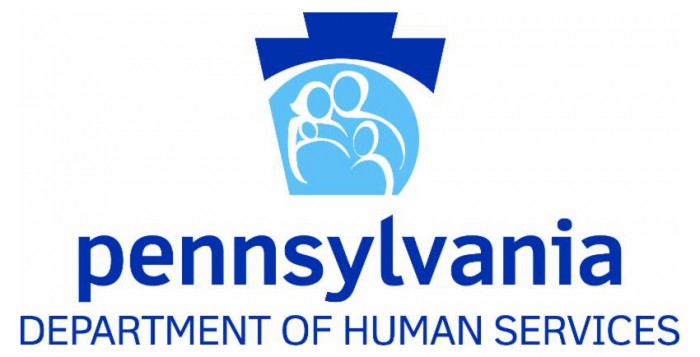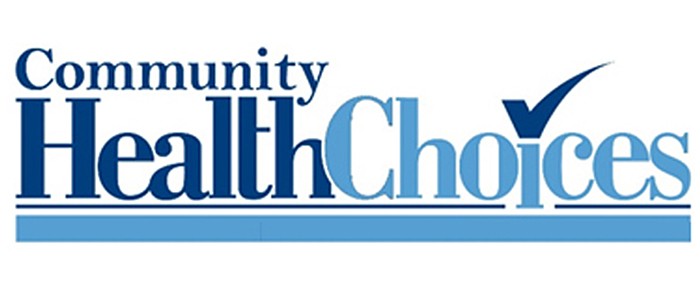The Commonwealth is transitioning to a new vendor for digital fingerprinting, IDEMIA. The first day you can register with IDEMIA, and be fingerprinted at an IdentoGO site, is Tuesday, November 28, 2017.
Appointments to be fingerprinted are not required, but pre‐registration is required. Once registered, you may walk in during a location’s posted hours of operation, but scheduling an appointment may lead to lesser/no wait times. In order to pre-register for an FBI background check and/or find a fingerprinting location, applicants should access this website. IDEMIA uses service codes when identifying the authorized purpose for why an applicant is being fingerprinted. This ensures applicants are processed for the correct purpose and agency.
Service codes are a required field for all pre-registrations, and the Department of Human Services’ (DHS) codes are provided below. If an applicant does not have a service code, this information will also be available online, under “GET A CLEARANCE.” In addition, a service code look-up tool will be available on the PASafeCheck website on November 28, by following the registration question prompts.
Below are the service codes available for applicants applying under the DHS:
| Service Code |
Applicant Type |
Department |
| 1KG6ZJ |
DHS Volunteer |
Department of Human Services |
| 1KG71B |
Foster Parent |
Department of Human Services |
| 1KG72V |
Prospective Adoptive Parent |
Department of Human Services |
| 1KG738 |
Child Care Services/Program Employee or Contractor |
Department of Human Services |
| 1KG74S |
Family Child Care Home Provider |
Department of Human Services |
| 1KG756 |
Employee >=14 Years Contact w/ Children |
Department of Human Services |
| 1KG76Q |
Individual >=18 Years in Foster Home |
Department of Human Services |
| 1KG774 |
Individual >=18 Years in Prospective Adoptive Home |
Department of Human Services |
| 1KG78K |
Individual >=18 Years in Licensed Child Care Home |
Department of Human Services |
| 1KG8TG |
Individual >=18 Years in Family Living, Community, or Host Home |
Department of Human Services |
Below you will find Service Code forms for each applicant type under DHS. These forms can be provided to applicants and/or used as instructions for agencies, employers, applicants, or websites. The documents also list the allowable valid, unexpired identification documents that applicants can bring as their proof of identity when getting fingerprinted. Please share this information with all affiliates, partners, contracted agencies, and respective applicants.
Service Code Forms:
In conjunction with the Department of General Services and the Pennsylvania State Police, IDEMIA continues to implement fingerprint locations across Pennsylvania, which is expected to be fully implemented in the coming months.
If you are an agency who was a previous fingerprint site through Cogent, and would like your location to remain a Commonwealth affiliated fingerprint site or become a fingerprint site, visit this web page. At the bottom of that page is a link to IDEMIA’s Partner Inquiry Form. You can express interest by providing them with your business’ information. Your inquiry will go to their Partner Team for follow-up. If there is no need in your specific area, you will be notified of this and IDEMIA will hold onto your information until a need arises. Private Partner agreements are also available if your agency would like the ability to fingerprint employees, but are not offering fingerprinting services to the public.
IDEMIA also offers employers the option to pay for services using a No Charge Authorization Code (NCAC), which is backed by a credit card provided during the account setup. To use this method for payment, the employer must complete and submit the IDEMIA NCAC Agreement. This document provides more information regarding this option, as well as the required forms. The forms will also be available on the IDEMIA website. The account must be established prior to sending applicants to the fingerprint site.
If you have additional questions, please contact IDEMIA by phone, toll-free at 844-321-2101.
















